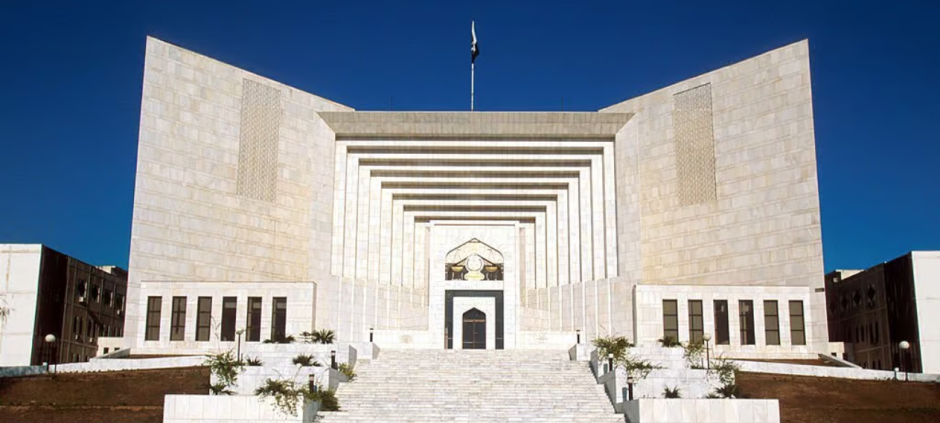The Supreme Court of Pakistan has called for urgent reforms in the way media report on ongoing criminal investigations. The court emphasized the need to protect the rights of both accused individuals and victims.
In a detailed judgment, the Supreme Court warned that sensational or biased coverage could create a false perception of guilt. This can influence public opinion and undermine fair trials. The court noted that the media must act responsibly to avoid harming the justice process.
The case involved Shahid Ali, who was convicted and sentenced to death in 2014 in a murder case. However, the Supreme Court overturned the conviction and acquitted him, citing insufficient evidence. The court expressed serious concern over a televised interview of Shahid Ali while he was in police custody. At that time, he was legally presumed innocent.
The court criticized police officials for allowing the accused to be interviewed inside a police station. It said this violated legal procedures and the accused’s rights. The judgment highlighted that statements made during such interviews have no legal standing unless recorded before a magistrate.
The Supreme Court also pointed out that this practice is part of a growing trend in Pakistan’s media. Suspects are often shown or questioned publicly during investigations, which threatens the integrity of the criminal justice system.
To address this, the court ordered federal and provincial governments to act quickly. It asked the Pakistan Electronic Media Regulatory Authority (PEMRA) to consult stakeholders and draft standard operating procedures (SOPs) for media coverage of criminal cases. The court urged media houses to adopt self-regulation and follow international ethical standards.
The verdict was sent to key ministries and provincial officials for immediate implementation. The Supreme Court hopes these reforms will ensure fair trials and responsible journalism in Pakistan.
The Supreme Court continues to modernize Pakistan’s justice system with new initiatives. Recently, it launched a nationwide e-filing system for legal documents to improve case management and accessibility.











